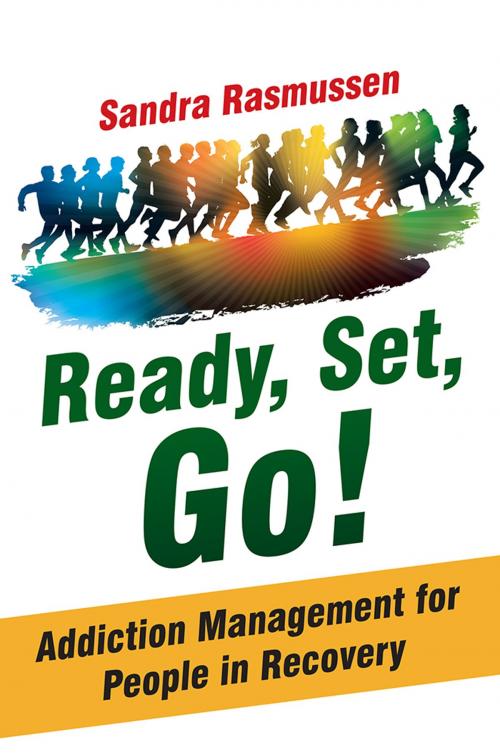Ready, Set, Go!
Addiction Management for People in Recovery
Nonfiction, Health & Well Being, Self Help, Addiction, Substance Abuse| Author: | Sandra Rasmussen | ISBN: | 9781504326438 |
| Publisher: | Balboa Press | Publication: | February 10, 2015 |
| Imprint: | Balboa Press | Language: | English |
| Author: | Sandra Rasmussen |
| ISBN: | 9781504326438 |
| Publisher: | Balboa Press |
| Publication: | February 10, 2015 |
| Imprint: | Balboa Press |
| Language: | English |
This book is for people in recovery. We ask and answer basic questions about addiction, relapse, and recovery. We believe addiction is a primary, chronic disease of brain reward, motivation, memory, and related circuitry, characterized by craving, loss of control, physical dependence, and tolerance. Genetics, together with bio-psycho-social-spiritual factors, account for the likelihood a person will develop an addiction or related disorder. Relapse happens: a return to drinking, using, other addictive behavior, or an increase in harm from addiction. Yet, recovery is an idea whose time has come. Recovery is a different, better way of life with purpose and meaning. We suggest addiction management as a way recovering people can maintain change (abstinence or harm reduction), reduce risks for relapse, prevent relapse, develop a recovery lifestyle, confront relapse when necessary, and achieve well-being. Current research, recognized theories, and the lived experiences of hundreds of people in recovery ground and guide book content. The book has three parts and fifteen chapters. A person in recovery introduces each chapter. We show how to develop, implement, and evaluate addiction management plans. Each chapter ends with summary statements and addiction management applications. References and a list of websites complete the book. Family and friends of recovering people will find the material useful. Addiction professionals can use the book to help clients realize recovery and prevent relapse. Are you ready? Get set. Go!
This book is for people in recovery. We ask and answer basic questions about addiction, relapse, and recovery. We believe addiction is a primary, chronic disease of brain reward, motivation, memory, and related circuitry, characterized by craving, loss of control, physical dependence, and tolerance. Genetics, together with bio-psycho-social-spiritual factors, account for the likelihood a person will develop an addiction or related disorder. Relapse happens: a return to drinking, using, other addictive behavior, or an increase in harm from addiction. Yet, recovery is an idea whose time has come. Recovery is a different, better way of life with purpose and meaning. We suggest addiction management as a way recovering people can maintain change (abstinence or harm reduction), reduce risks for relapse, prevent relapse, develop a recovery lifestyle, confront relapse when necessary, and achieve well-being. Current research, recognized theories, and the lived experiences of hundreds of people in recovery ground and guide book content. The book has three parts and fifteen chapters. A person in recovery introduces each chapter. We show how to develop, implement, and evaluate addiction management plans. Each chapter ends with summary statements and addiction management applications. References and a list of websites complete the book. Family and friends of recovering people will find the material useful. Addiction professionals can use the book to help clients realize recovery and prevent relapse. Are you ready? Get set. Go!















